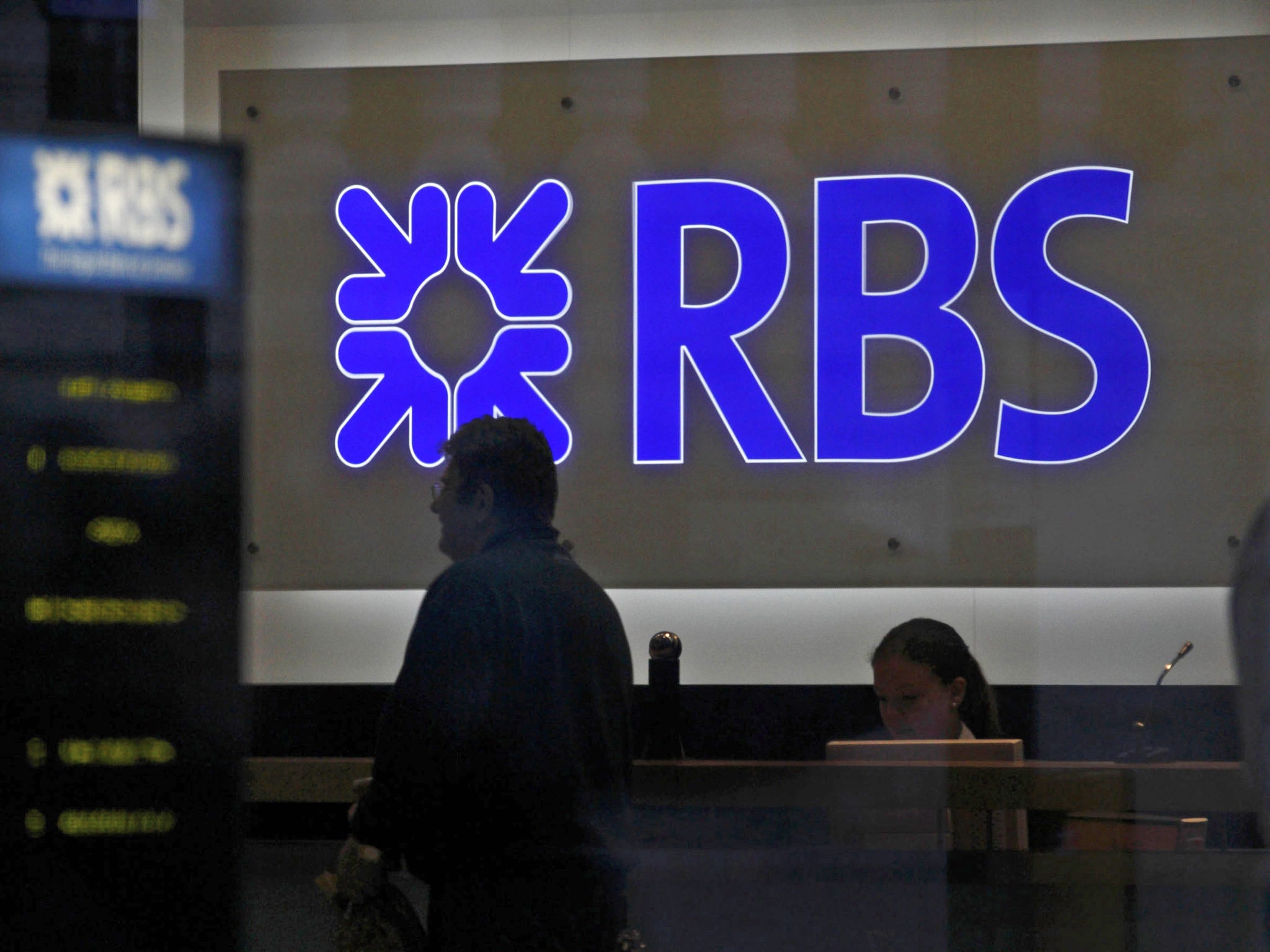Autumn Statement: Tighter corporation tax rules for banks should reap £4bn
Measure is expected to raise £4bn over the next five years

The Chancellor hit the banking industry with what amounted to a £4bn US-style mega fine by announcing plans to restrict their ability to use losses made in the UK since the financial crisis to reduce future corporation tax bills.
The measure – expected to raise £4bn over the next five years – is likely to affect Lloyds and RBS most heavily. Barclays and HSBC will be less affected; they are both already paying more than half the £2.2bn banking levy that was imposed after the crash because they have bigger balance sheets than their state-supported rivals.
An analysis of last year’s annual reports reveals that RBS, for example, had carried forward £2.4bn of UK tax losses last year. But for Barclays the figure was £499m, and £254m for HSBC. Lloyds does not strip out the same number in its accounts.
The banking industry’s official response was relatively muted with Anthony Browne, the chief executive of the British Bankers’ Association, saying: “Banks contribute more than £25bn each year to the nation’s public finances – enough to pay the salaries of around half a million nurses. It is absolutely right that this important industry pays its fair share of tax, but it is important to note that where banks have offset losses they have done so legally, just as all other businesses can.”
But one senior banker said: “I thought the whole point of introducing the bank levy in 2011 was that we weren’t going to be paying corporation tax for years.”
They also suggested it might impede efforts to sell off the state’s majority shareholding in Royal Bank of Scotland and restrict its ability to pay dividends to shareholders.
Anna Anthony, head of Financial Services Tax at Ernst & Young, said the move was “an unwelcome surprise for the sector”. She added: “In the short term it is likely to represent a significant cash tax cost.”
Both the banking measures and the move to raise £1bn by taxing multinationals such as Amazon and Google drew a frosty response from the CBI. Its director-general, John Cridland, said reforming multinationals’ tax outside of global reform efforts would be “a concern for global businesss” and described the banking move as creating “a worrying precedent”.
But he added: “The targeted focus on enterprise is right, but business innovators would have liked to see more on research and development to boost UK investment.”
Other, pro-business moves, drew a warm response, particularly plans to review business rates, even though any reforms will be tax neutral, as well as plans to increase lending to small business through the British Business Bank.
The British Chambers of Commerce said the statement demonstrated that the Chancellor was “listening to and supporting British businesses across the entire country”.
Its regional members welcomed moves to create a northern sovereign-wealth fund from shale gas revenues as part of efforts to boost the North. “It is good to hear the Chancellor once more reiterate his desire to create a northern powerhouse,” said North East Chambers of Commerce policy director Ross Smith.
Banking shares were little changed on news of plans to restrict use of tax losses, but airlines were notable gainers over abolition of air passenger duty on children under 12.
Subscribe to Independent Premium to bookmark this article
Want to bookmark your favourite articles and stories to read or reference later? Start your Independent Premium subscription today.

Join our commenting forum
Join thought-provoking conversations, follow other Independent readers and see their replies